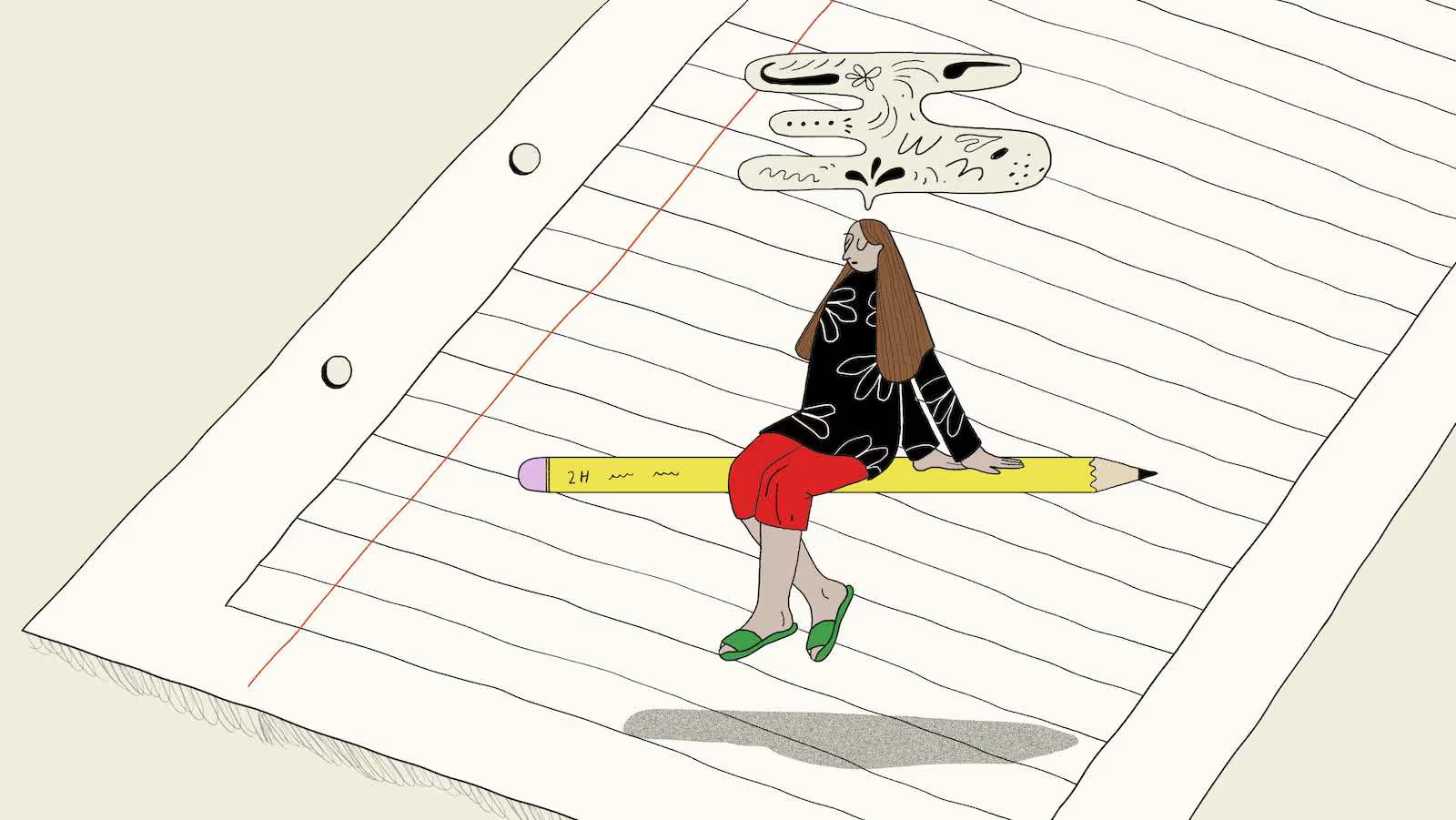Every relationship therapist has seen it. The clients arrive for their first session, settle in, and assume the positions. One partner becomes the storyteller, the one who gives the history: how they met, how it used to be, and how they ended up in this office. The other will sit, reluctantly listening to the balance sheet of their mistakes and shortcomings.
For this person, therapy can feel like a punishment for their actions and their last shot to fix things. They’ll sit there and take it or occasionally interject to correct the record. But mostly, the therapist will witness the dynamic they’ve seen hundreds of times before. In couples, it’s the sinner and the saint. In polycules, it’s the weak link in the chain and everyone else pulling weight. The deep issues that bring clients into therapy, however, rarely lie at the feet of one person alone.
Relationship dynamics go beyond the binary of perpetrator and victim, powerful and powerless, betrayed and betrayer—the accountant and the accountable. Recognizing that all parties are a piece of the pie does not mean that everyone’s slice is the same size and made up of the same ingredients. But owning your part is essential to breaking through impasses.
The other side of that breakthrough begins when each person freely shares what they are doing differently with the intention to improve things, rather than doggedly focusing on the change they need from their partner. This is how therapists know they’re getting somewhere. Their job is not to act as judge, jury, and executioner. It’s to help the clients navigate how people in love can behave in unloving ways—and how they can carve a new path.
Your Partner Will Practice Self-Accountability When You Do
Owning your part is an act of humility, and that gesture opens the door for your partner to reciprocate, to meet you in an honest place. Your apology lessens the shame on the other to do the same. And while you may feel that your missteps pale in comparison to those of your partner’s, they might not feel the same way.
Taking accountability for yourself does not excuse the other person. It helps them see that apologizing for their mistake doesn’t mean that they are a mistake. If you can do it, perhaps they can, too.
If you have been wounded by your partner time and time again, accepting any kind of responsibility can feel like losing ground in an endless battle to prove you deserve better. But even the phrase “can’t you see how you’re hurting me?” is likely to trigger a defensive response that throws the responsibility back on you. “Yes, but I never would have slept with them if you had shown any interest in me whatsoever.”
If you say to your partner “you never thank me,” you are all but ensuring that future thank-yous will become obligatory rather than heartfelt and sincere. Instead, consider saying “I love supporting you and your gratitude is really important to me.”
If you are aghast at how your typically responsible mate lost your shared money, have you asked if they felt financial pressure to take care of you? Did the desire to give the children a successful start empty the bank account? What’s the larger context? And what is your part in it? This is not victim blaming; this is acknowledging the inherent complexities of what it means to be responsible in your relationship.
Practices for Self-Accountability
Try one or more…
- Own your experience. You can describe your experience as a consequence of the other’s actions, but pay attention to the language you use. Trade out “you made me feel” for “you did not acknowledge me and then I felt rejected.”
- Stop punishing. Do you want to hurt them or do you want both of you to be able to learn from this and move on in your relationship together?
- Make a choice: if you want to continue the relationship, make that choice.
- Prioritize clarity and expectation setting. As the PREP program teaches, be specific about what happened and how you felt using X, Y, Z statements: “when you did X in situation Y, I felt Z.” ex: “When you thank everybody for helping you with this big project, and you don’t mention me at all, it makes me feel that you don’t recognize my contributions or value—staying home with the kids, taking care of the house, while you did your thing.”
- Practice differentiation. It involves identifying and clarifying your thoughts, feelings, and desires while being open and curious about your partner’s. It’s the ability to simultaneously experience connection and autonomy and not personalize their autonomy as a rejection of you.
- Ask them about their experience. Be curious about the context of their behavior. Demonstrate empathy.
- Separate the behavior from the person. “We both know what you did was bad but I don’t view you as a bad person.”
- Beware of “Fundamental Attribution Error.” In stressed relationships, we tend to see our behavior as circumstantial and their behavior as characterological. We’re black and white about others and nuanced about ourselves.
- When we’re in a bad mood, it’s because we had a bad day.
- When they’re in a bad mood, it’s because they’re not a nice person.
- Use humor. If you find the right tone, humor can be helpful for owning your part and diffusing tension.
- Practice grace. You can be so mad at your partner or so mad at yourself. It doesn’t mean the whole house has to come down. Practicing grace is the acknowledgement that you don’t condone what has happened but you keep room for redemption and healing.





.svg)





